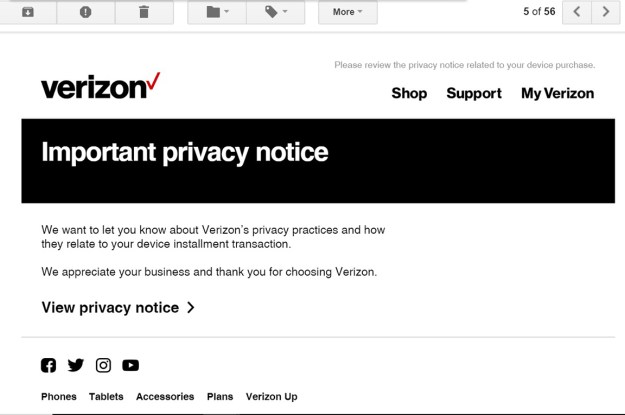I’ve been wondering what to think about all the hullabaloo over the Princess of Wales and her picture. You know what I mean:
Why haven’t we seen Kate? Is she dying? Has her beauty been marred by her illness? Why did the Palace release a doctored picture? Why did Kate say she was the one who doctored it? Was she covering up for somebody? Who really did it and why? Why haven’t we seen the unedited version? When was the original taken? Couldn’t she just lay this all to rest by making a public appearance? Yadda-yadda…
And in her case, I find myself wondering why people don’t just chill. Of course, maybe they will chill now, with the release of that video. But why didn’t they do so earlier?
I mean, what is the legitimate public interest in her health status and how she’s looking at the moment? She’s not a public official. She’s not ever going to be the monarch, although she’s married to someone who will, and is the mother of someone who will, assuming the monarchy lasts that long. And even if she were going to be the monarch someday, what does that mean, in terms of modern expectations of transparency? The main duty of a modern British monarch is to make sure that he or she has no effect on public policy. Any member of Parliament has a greater effect upon the lives of average British subjects. And even if she were going to be the monarch someday, she’s not the monarch now.
So how does anyone feel they have the right to intrude on her health problems, assuming she’s still having them. What’s at stake to the public?
On the other hand (and this is why I’m still pondering it), the whole reason folks are interested is that this young woman married the heir apparent and has born his children, thereby willingly adopting a huge public role, however we might argue about where the limits of that public interest should lie.
So there’s that question. Another has come up, in my reading of The Boston Globe.
The governor of Massachusetts, Maura Healey, took a four-day trip out of state last month. During that trip, her executive powers constitutionally shifted to the Massachusetts secretary of state.
Despite transparency promises when she ran for the office, she has resolutely refused to share any information about that trip. From the Globe yesterday:
The first-term Democrat told reporters Monday that she intends to share information publicly about her “work-related travel.” But she suggested that even basic details about personal trips, like the one she took in mid-February, will not be disclosed — breaking from her predecessors and further narrowing the scope of what information Healey says she’s willing to make public, and when.
“My personal life is my personal life,” Healey said at the State House on Monday. “I’m going to work to make sure that privacy is maintained for my family.”
At least superficially, this seems creepily familiar to us South Carolinians — but at least she didn’t tell her staff to tell folks she was hiking the Appalachian Trail. And of course there was no wildly oversharing public confession when she returned, for which the people of Massachusetts should be grateful.
So… should she be allowed to make a distinction between private and public when reporting her whereabouts? I’m inclined to say yes, if she draws the line in the right place. Which means, since you don’t know whether she’s done that or not, you have to decide whether you trust her, based on everything else you’ve seen and heard from her.
Of course, you only have a reason to do that if you’re a Massachusetts voter. It’s none of our business down here. Maura Healey has zero obligation to me. But I do find the issue intriguing, in the abstract, from afar…









